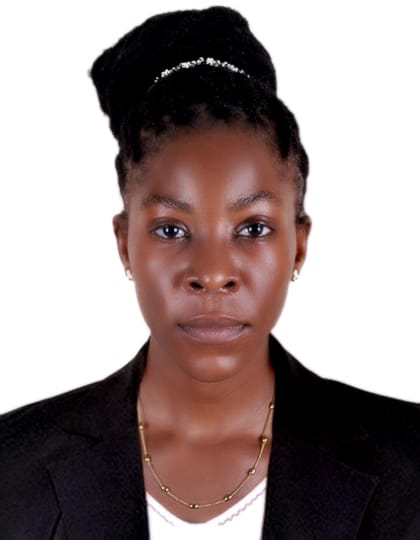By EMMA CHARLENE LUBAALE, Associate Professor, Faculty of Law, Rhodes University
Gender-based violence (GBV) is at an all-time high globally, with South Africa being no exception. Previously, GBV was considered a private matter. Consequently, survivors of GBV suffered in silence. Over the years, public discussions on issues of GBV have gained momentum. The media has notably played a role in shedding light on cases of GBV, thus, making known their seriousness, prevalence and need for redress. All considered the role of reporting GBV cannot be overemphasised.
However, while reporting on GBV is crucial and needs to be encouraged, the lines on the nature that such reporting should take remain blurred. For example, should media reports name alleged perpetrators of GBV? Answering this question requires one to take a step back to ponder the various rights that come into play. As a starting point, South Africa is obligated to ensure that those responsible for perpetrating GBV are held to account through its criminal justice system. Criminal accountability brings sharply into focus several competing rights, including the right to access justice for survivors and the right to a fair trial for those accused.
Both access to justice and fair trial are guaranteed in powerful terms in our Constitution. For survivors of GBV, a vital issue to be resolved is whether naming alleged perpetrators before criminal proceedings are commenced, let alone concluded, would ensure access to criminal justice. Here, it is worth noting that acquaintances commit most gender-based crimes. In many of these cases, alleged perpetrators wield inordinate power over survivors, thus, requiring sufficient safeguards to be put in place before revealing the identities of parties in GBV cases. Naming alleged perpetrators without adequate safeguards risks subjecting survivors to further victimisation, abuse and interference with evidence and the general investigation process. Regrettably, such unintended consequences are often not considered when naming alleged perpetrators in media.

For alleged perpetrators, the right to a fair trial is brought sharply into perspective. It is to be emphasised that an “alleged perpetrator” remains innocent until they are proven guilty by a court of law. While accountability for gender-based crimes should remain high on the agenda of our justice system, the criminal procedures incidental to that process cannot be sacrificed on the altar of the accountability cause. Doing so would undermine the very essence of justice. Suffice it to emphasise that in terms of our Constitution, “every accused person has a right to a fair trial which includes the right to a public trial before an ordinary court”. The trial, despite being public, is before an ordinary court and not the public (emphasis mine).
Naming an alleged perpetrator, who at this point is still a suspect, may expose them to the court of public opinion and the problematic ‘sentences’ that flow from such ‘public opinion trial’ such as mob justice, unfair discrimination and victimisation. There are also dangers of such naming being unjustifiably relied on to act against alleged perpetrators, with some being suspended or dismissed by employers based on reports that have not been proven beyond a reasonable doubt before courts of law. Under these circumstances, the alleged perpetrator may institute criminal proceedings for crimen injuria (unlawfully and intentionally impairing the dignity or privacy of another) against a reporter.
But does this mean that no form of reporting should take place? Certainly not! Survivors of GBV, in my opinion, have options. Directly reporting to the South African Police Service (SAPS) to commence investigations into the alleged abuse remains crucial in ensuring that survivors access justice and perpetrators are held to account. This route ensures that the reporting process, despite revealing the identity of alleged perpetrators to the SAPS, is subjected to sufficient procedural safeguards recognised under our law.
It is to be conceded that in some instances, survivors are overwhelmed and need support. Reporting ordeals of GBV through social media and other forums may be one way of garnering support. However, while such confidence is commendable in light of the silence that has historically and continues to shroud gender-based crimes, reporting should be done in a manner that is mindful of the various procedures and rights at stake. Considered together, the reporting of GBV is needed now more than ever. However, it should be done in a manner that considers survivors’ rights to access justice and alleged perpetrators’ rights to a fair trial. This cannot be achieved by naming alleged perpetrators carelessly through the media.
Sources:
- The Constitution of the Republic of South Africa, 1996.
- Criminal Procedure Act 51 of 1977.
- African Union, Protocol to the African Charter on Human and People’s Rights on the Rights of Women in Africa, 11 July 2003, available at: https://www.refworld.org/docid/3f4b139d4.html (accessed 17 November 2021).
The views expressed are those of Professor Emma Charlene Lubaale and not those of Rhodes University.




